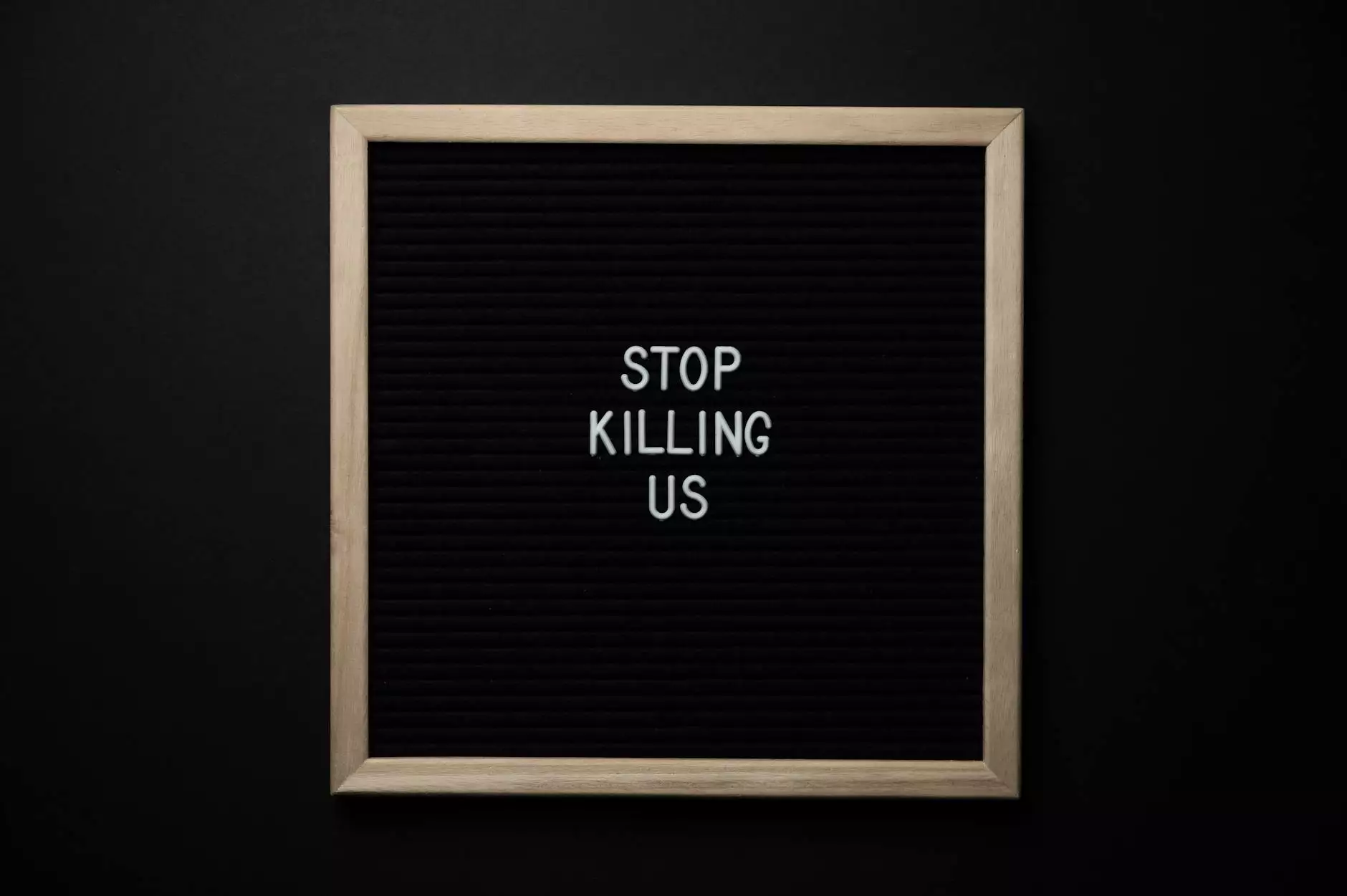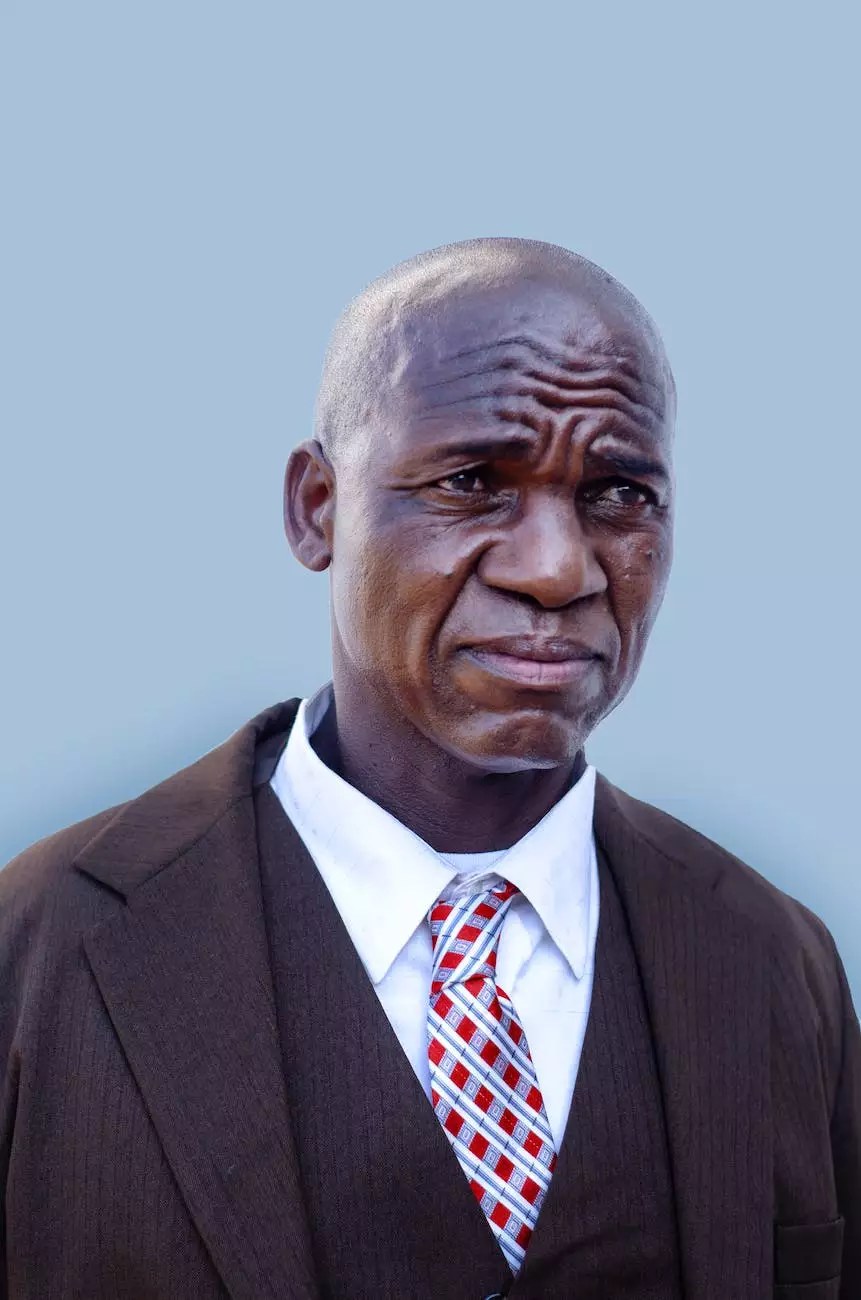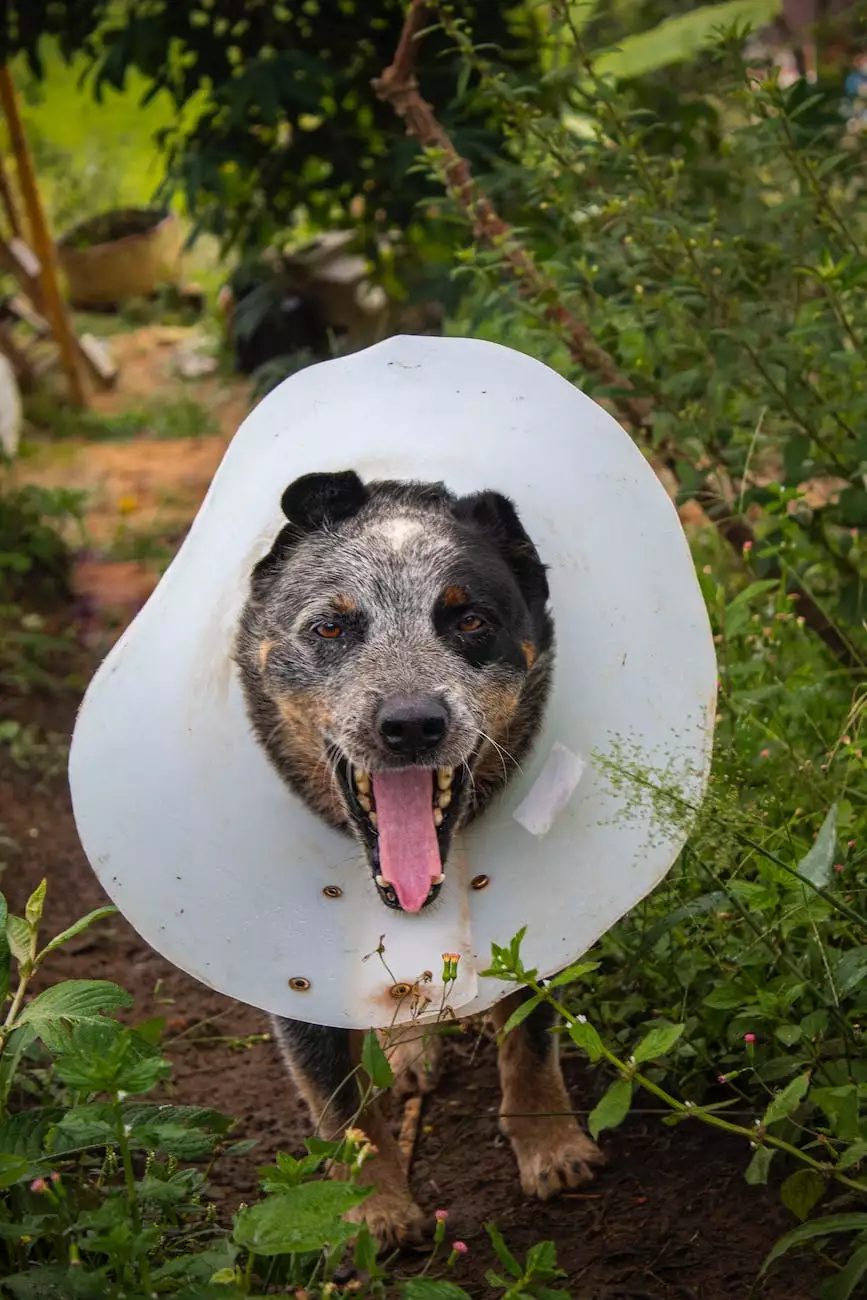HIV Disparities in the South
Higher Education and Research Infrastructure
Welcome to the informative page on HIV disparities in the South, brought to you by Social Service of America - a leading organization in the field of philanthropy and community empowerment. In this comprehensive guide, we aim to shed light on the challenges faced by individuals and communities affected by HIV in the Southern United States.
Understanding the Scope of HIV Disparities
In recent decades, the South has experienced a disproportionate burden of HIV cases compared to other regions in the country. This alarming trend is attributed to various factors, including limited access to healthcare services, high poverty rates, limited educational resources, and stigma surrounding HIV and AIDS.
By addressing the root causes of HIV disparities, we can work towards achieving a more equitable and healthier society. Through partnerships with local organizations, healthcare providers, and communities, Social Service of America is committed to making a positive impact on the lives of individuals affected by HIV in the South.
Our Approach to Tackling HIV Disparities
At Social Service of America, we believe in a comprehensive approach to address HIV disparities. Our initiatives focus on the following key areas:
1. Access to Healthcare
One of the primary barriers to addressing HIV disparities is limited access to healthcare services. We collaborate with healthcare providers to expand access to HIV testing, prevention, and treatment options. By investing in infrastructure and awareness programs, we ensure that individuals in underserved communities have the necessary resources to combat HIV.
2. Education and Awareness
Education and awareness play a crucial role in preventing HIV transmission and dispelling myths and misconceptions surrounding the virus. Our organization works tirelessly to provide comprehensive HIV education to schools, community centers, and healthcare facilities throughout the South. By promoting accurate information and fostering open conversations, we empower individuals to make informed decisions regarding their sexual health.
3. Advocacy and Policy Reform
Social Service of America actively advocates for policy reform to address systemic issues contributing to HIV disparities. Through engagement with policymakers at local, state, and national levels, we aim to shape policies that prioritize HIV prevention, treatment, and support services. Our organization is dedicated to building a supportive legal and policy environment to uplift communities affected by HIV.
4. Community Engagement
Our work is deeply rooted in community engagement and collaboration. By fostering partnerships with grassroots organizations, community leaders, and social service agencies, we ensure that our efforts are tailored to the unique needs of each community. We empower community members to become ambassadors for change, working together towards a future free from HIV disparities.
Join Our Philanthropic Community
We invite you to join our philanthropic community to create a lasting impact on the lives of individuals affected by HIV in the South. By supporting Social Service of America, you contribute to the advancement of our initiatives and help us uplift communities and create real change.
Together, we can combat HIV disparities, promote education and awareness, and advocate for policies that prioritize the well-being of affected individuals. Join us today in our mission to build a society where everyone has access to equal healthcare opportunities and support.
Conclusion
HIV disparities in the South continue to pose significant challenges, but with concerted efforts, we can overcome them. Social Service of America remains steadfast in our commitment to addressing these disparities through a multi-dimensional approach that encompasses healthcare, education, advocacy, and community engagement.
By raising awareness, driving policy reform, and fostering collaboration, we strive to create a society where HIV disparities are a thing of the past. Join us in our mission and be part of the positive change we can bring to the lives of individuals and communities affected by HIV in the South.










